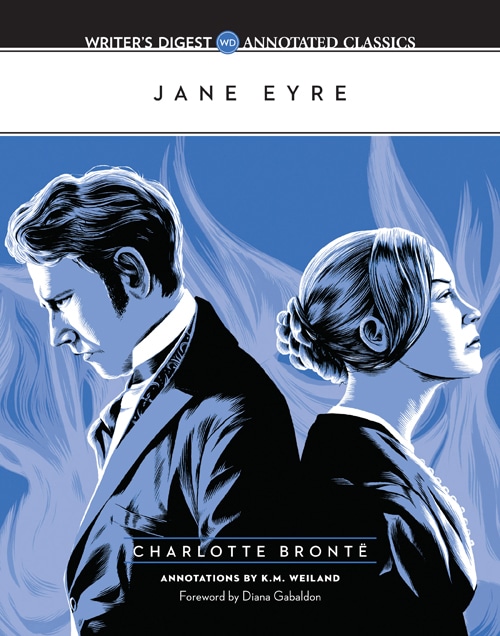Have you ever been so afraid to do something writing-wise that you felt physically ill?
Nausea strangles your throat and swirls through your gut. You feel shaky and unsure of yourself. Maybe you’re afraid to start writing that novel, to send out query letters once your manuscript is compete, or to meet that awesome editor at a conference.
When you stretch yourself creatively, fear…








